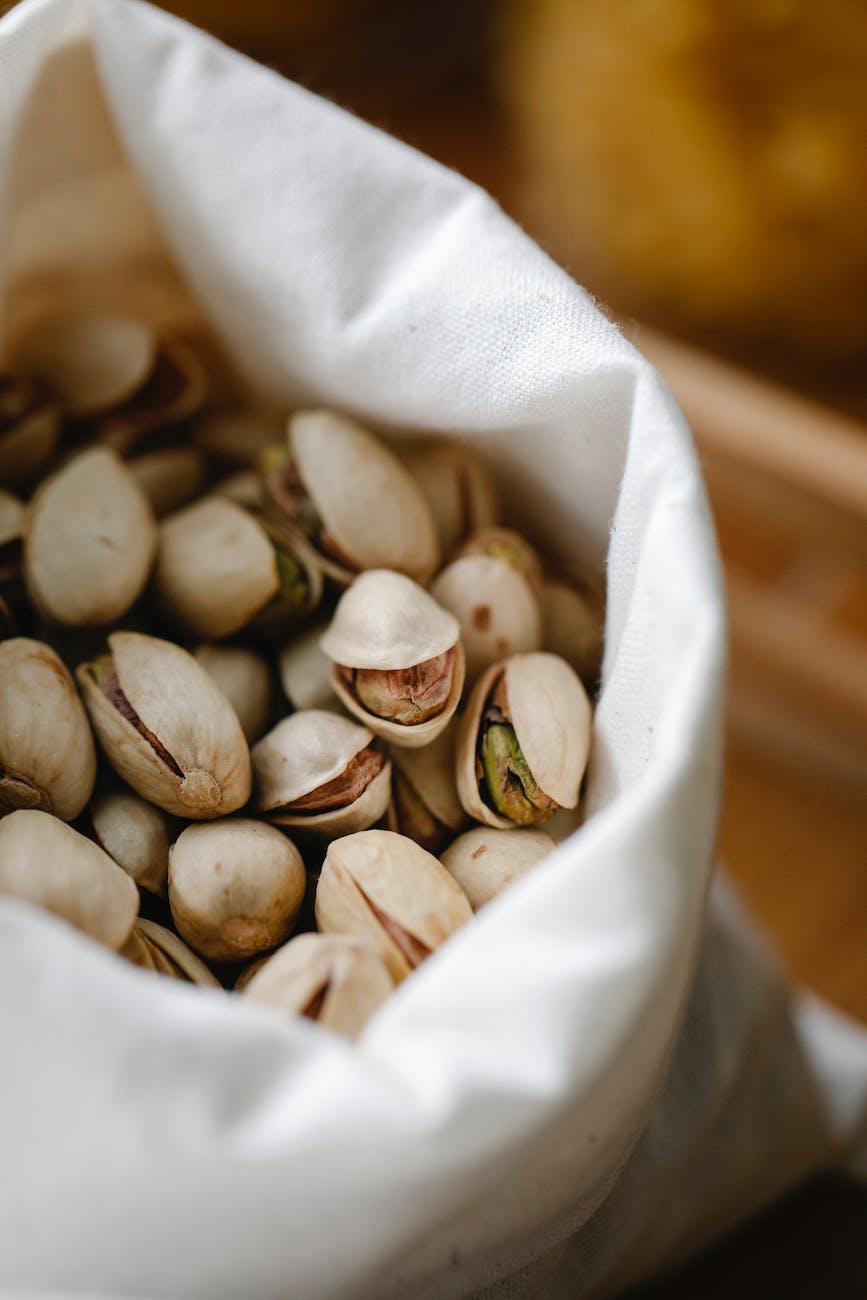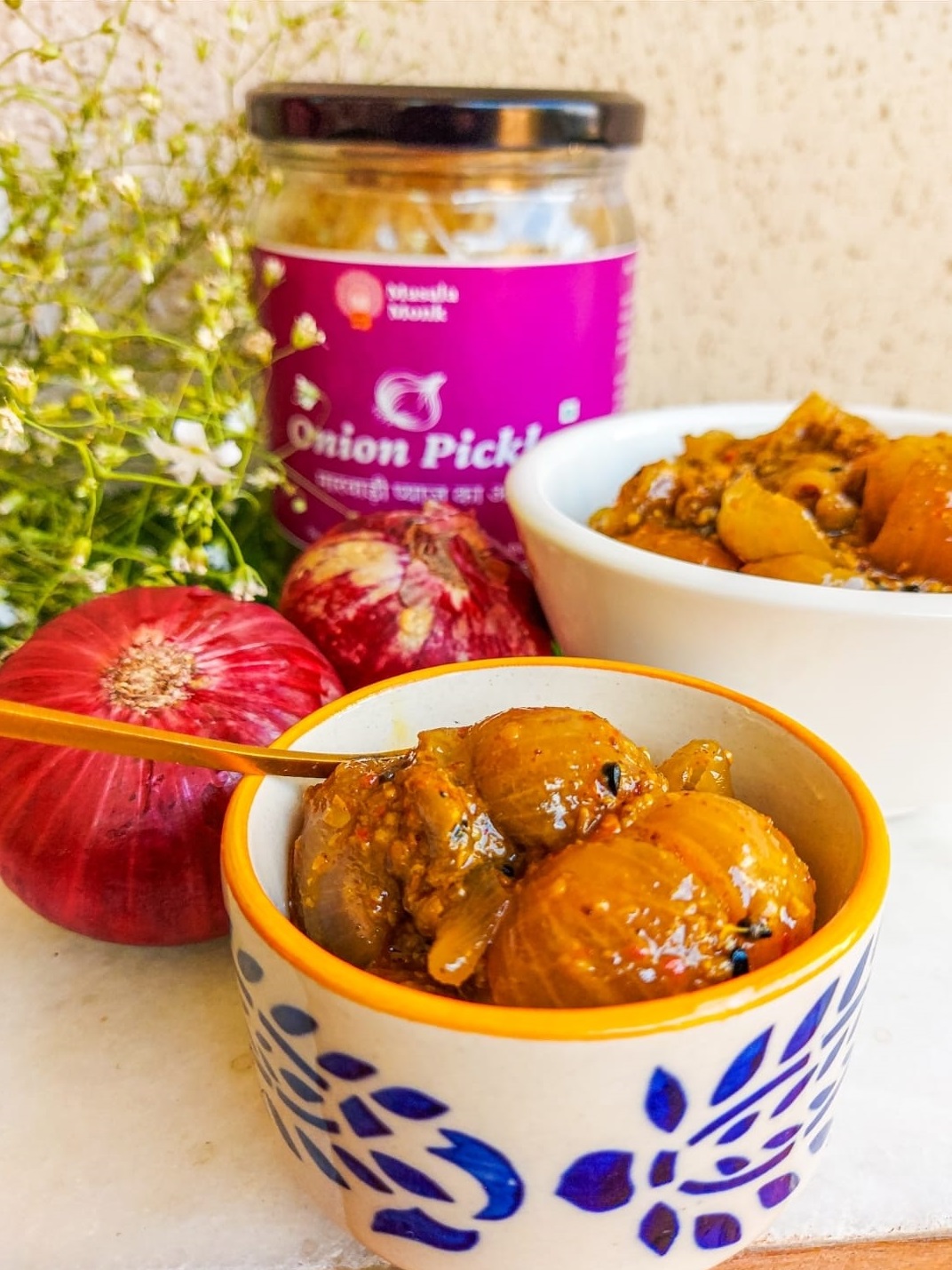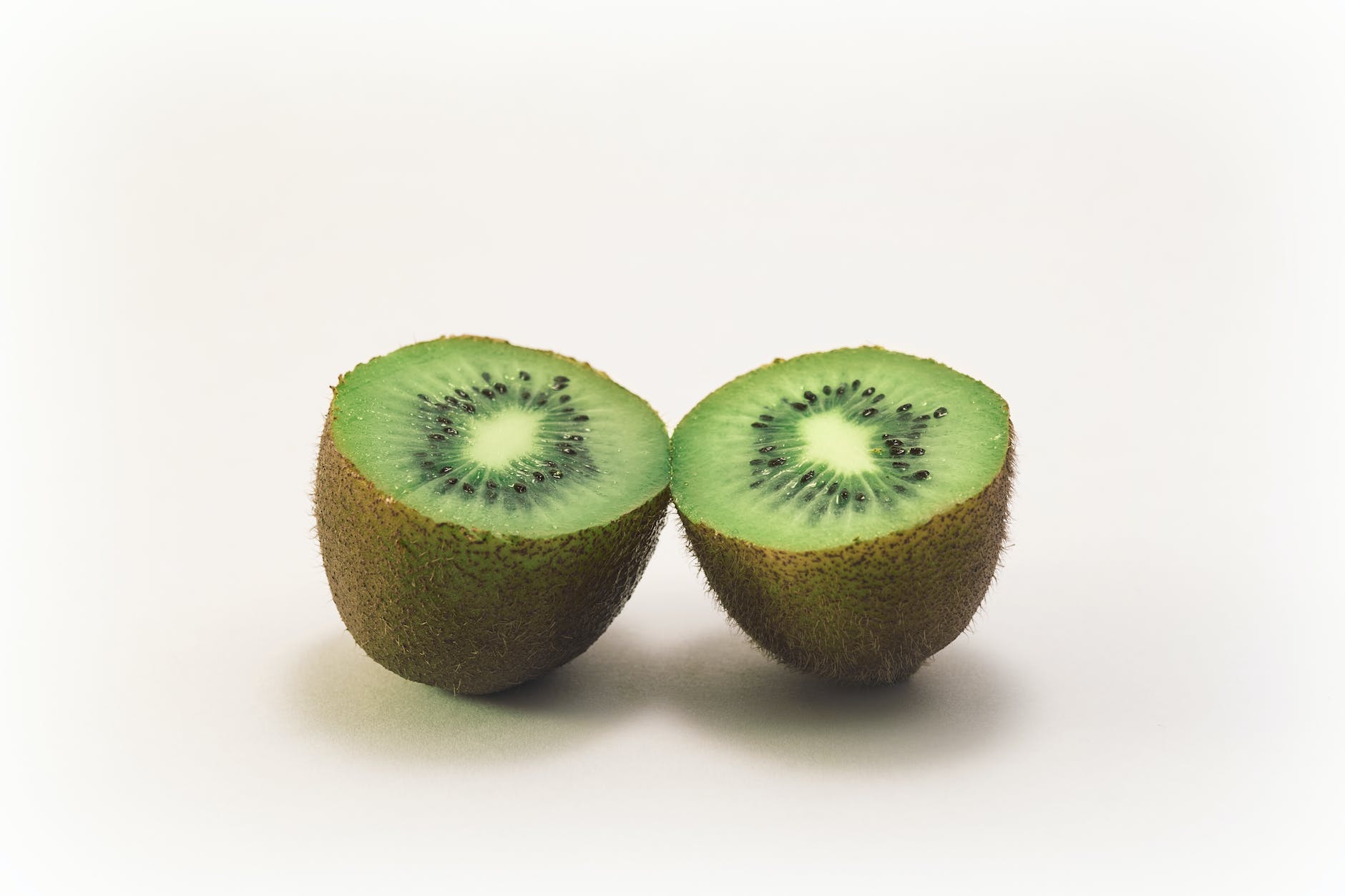
When you think of watermelon, you probably think of its juicy, sweet flesh. But what about the seeds? Most people spit them out, or opt for seedless varieties. However, watermelon seeds are packed with nutrients and can be an excellent addition to a healthy diet. In this post, we’ll explore the benefits of watermelon seeds, their nutritional profile, and how they can aid in weight loss.
Can You Eat Watermelon Seeds?
Yes, you can! While it might be a common practice to spit out the seeds or opt for seedless watermelons, the seeds are not only edible but also highly nutritious. They contain a variety of essential nutrients that can contribute to a healthy diet.
Nutritional Profile of Watermelon Seeds
Watermelon seeds are a rich source of nutrients. According to USDA data, a 100-gram serving of watermelon seeds provides:
- Protein: 8g
- Fat: 13.4g
- Carbohydrates: 4.34g
- Calcium: 15.3mg
- Iron: 2.06mg
- Magnesium: 146mg
- Phosphorus: 214mg
- Potassium: 184mg
- Zinc: 2.9mg
- Folate: 16.4mcg
In addition, watermelon seeds are a good source of antioxidants, including lycopene, which gives red fruits and vegetables their vibrant pigment. This nutrient has been linked to numerous health benefits.
Health Benefits of Watermelon Seeds
Watermelon seeds are not just nutritious; they also offer a range of health benefits:
- Rich in Magnesium: Magnesium is an essential mineral that supports metabolism, protein synthesis, and blood pressure regulation. A 100-gram serving of watermelon seeds provides 139% of the daily recommended intake of magnesium.
- Promotes Heart Health: The seeds contain heart-healthy fats and antioxidants like lycopene, which can help lower bad cholesterol levels and reduce the risk of heart disease.
- Supports Weight Loss: Watermelon seeds are low in calories and high in fiber, making them a great snack for those trying to lose weight. The fiber can help you feel full longer, reducing the likelihood of overeating.
- Boosts Immune System: The seeds are a good source of zinc, a mineral that plays a crucial role in immune function.
- Improves Skin and Hair Health: The seeds are rich in antioxidants and fatty acids that can help promote healthy skin and hair.
Incorporating Watermelon Seeds into Your Diet
There are several ways to incorporate watermelon seeds into your diet:
- Roasted Watermelon Seeds: Roast the seeds in the oven for a crunchy snack. You can add a little salt or other seasonings for flavor.
- Watermelon Seed Butter: Grind the seeds into a paste to make watermelon seed butter. You can spread it on whole grain toast or add it to smoothies.
- Watermelon Seed Tea: Boil the seeds in water for 15 minutes to make a tea. This can be a refreshing and nutritious drink.
- In Salads and Soups: You can sprinkle roasted watermelon seeds on salads or soups for a crunchy texture.
- In Baking: Ground watermelon seeds can be used as a gluten-free flour alternative in baking.
Remember, while watermelon seeds are nutritious, they should be consumed in moderation as part of a balanced diet.
FAQs
Q: Can I eat watermelon seeds? A: Yes, watermelon seeds are edible and packed with nutrients.
Q: What is the nutritional value of watermelon seeds? A: Watermelon seeds are rich in protein, healthy fats, and minerals like magnesium, iron, and zinc. They also contain antioxidants like lycopene.
Q: Can watermelon seeds aid in weight loss? A: Yes, watermelon seeds are low in calories and high in fiber, which can help you feel full and reduce overeating.
Q: How can I incorporate watermelon seeds into my diet? A: You can eat roasted watermelon seeds as a snack, make watermelon seed butter, brew them into a tea, or use them in salads, soups, and baking.
Q: Are there any side effects of eating watermelon seeds? A: Watermelon seeds are generally safe to eat. However, like any food, they should be consumed in moderation as part of a balanced diet.
In conclusion, watermelon seeds are a powerhouse of nutrients and can be a great addition to a healthy diet. So, the next time you enjoy a slice of watermelon, think twice before you spit out the seeds!
Tags: Watermelon Seeds, Nutrition, Weight Loss, Healthy Diet, Heart Health, Immune Support, Skin Health, Hair Health, Dietary Fiber, Antioxidants, Magnesium, Lycopene, Zinc, Iron, Calcium, Potassium, Folate, Protein, Healthy Fats, Carbohydrates, Roasted Watermelon Seeds, Watermelon Seed Butter, Watermelon Seed Tea, Salads, Soups, Baking, Gluten-Free Flour Alternative, Balanced Diet, Side Effects, FAQs.













